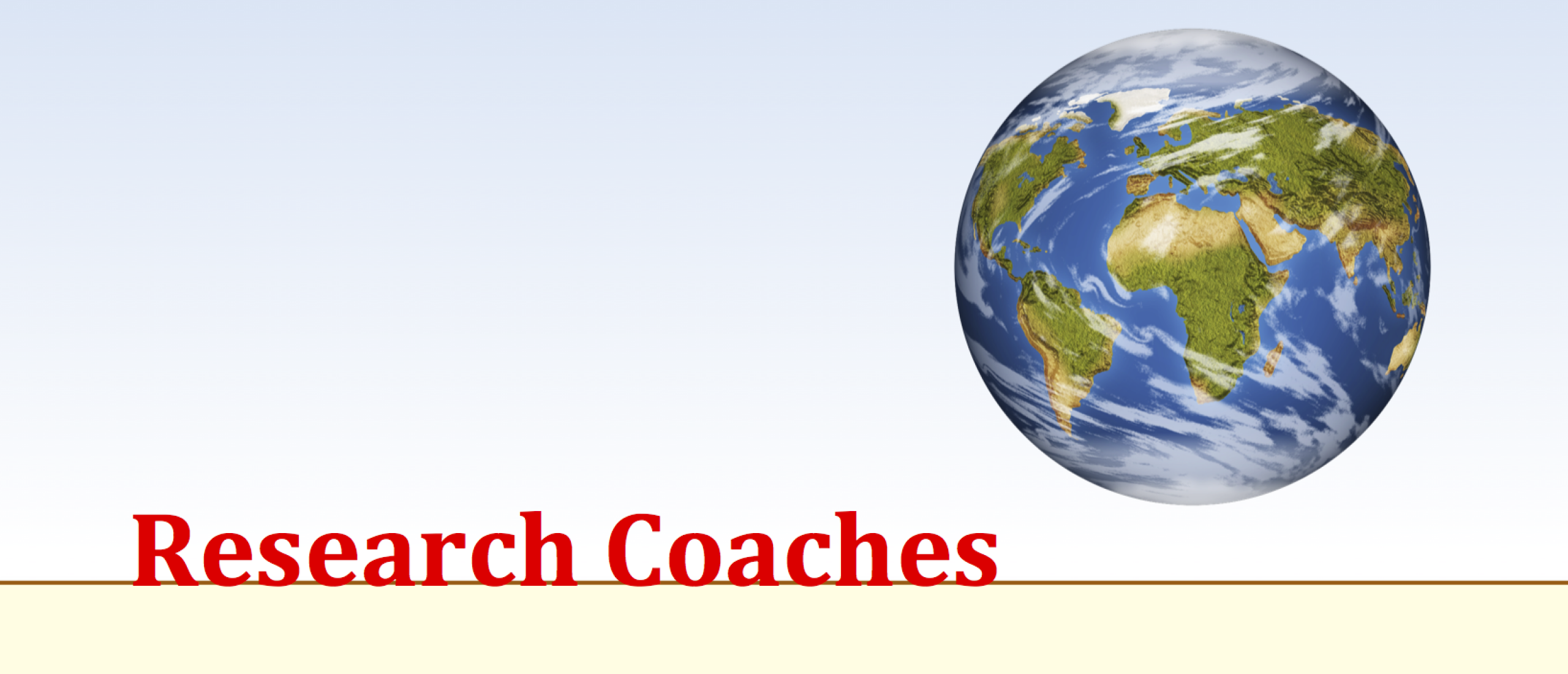
Validity
Validity is a statement about the meaning of a variable or a construct. When people think differently about terms and words, not the same thing is measured. It might jeopardize your research.
To explain the term 'validity' you first need to know how statements can be evaluated. Statements about validity can be assessed on a scale from very good to very bad. You can imagine a line from 0 to 100 to determine your judgment, for example 100 (very good), 75 (good), 0 (very bad). Each statement about validity can be assessed by a score on the line.
Validity now can be explained as a judgement about the meaning of a word or a construct. The statement then can be very clear to very doubtful. You can image a rating score from 100 (very clear: everybody knows what is meant by it) to 0 (very unclear, everybody gives a different meaning to what is being measured).
Not every variable is always clear immediately. It has to do with how things are measured, in methodological terms: how it is operationalized. Suppose you want to know the age of a person, than you can ask this question directly:
What is your age? ……… years
I cannot imagine that there is anyone who does not know what this means; except a dyslectic non-English speaking person. The validity of this variable can be judged as close to 100.
Now let’s consider a more complex term like intelligence. How should this be measured? Well, you might make a simple question, like:
Do you think you are clever?
0 very cleaver
0 cleaver
0 clever nor stupid
0 stupid
0 very stupid
The question itself is already very odd, and I don’t think you will get a clear and unquestionable view of the intelligence of a person. To rate this, I would judge this on our validity scale about 20. This should be improved. How should this be done? Best of all, make a complete intelligence test.
And if you made a complete battery of tests to measure intelligence, would everybody agree then that your tests measure intelligence? Probably not. There will always be some people who will say that you are measuring the wrong thing.
Is this always the case? Probably yes. It is difficult to measure things like motivation, extraversion, your health, knowledge of mathematics, or being at home.
For example, knowledge about mathematics can be measured with a series of questions such as:
6 + 14 =?
28 – 15 = ?
7 * 7 = ?
6 / 3 = ?
You can count the correct answers and say that this number is a math score. But are you really measuring mathematics? What about squaring, roots, differentiation and integration? Aren’t these aspects of mathematics too? You might argue that these aspects measure algebra, but what is the difference in calculation between 7 * 7 and 72?
And now I want to make my statement: in research one should always question (yourself or as a reader of research) wether it has been measured properly?
In science every statement should be supported by literature either by statistics or by experts. It too easy to say you have measured the right thing because you say so. If you want to make a real statement about the validity of a questionnaire, you should test your questionnaire. Ask a few persons to fill in the questions while you sit next to them. After the person has given all the answers he is asked if he understood every word. Ask if he could give the answers he would like to give. If you saw him hesitate in giving an answer, ask him why he hesitated. This might give you an idea about the validity of your test or questionnaire.
Another way to rate the validity is asking experts what they think of the test or questionnaire. If they all say ‘it is pretty good’ than you can rate the score on validity higher and you can be more confident when measuring the thing you want to measure.
In interviews you should aske people what they mean by asking for an explication. If somebody is talking about healthy people, than ask what the person means when he thinks that a person is healthy. If you are interviewing a person in an organisation and the subject is about profit, then ask what the interviewed person is talking about; does he mean profit before or after tax is being subtracted. All these aspects might be influencing the outcome of your research.
So: always be aware of the meaning of the words being used, and take care that everybody in the research defines these words in the same way.
Tip: a simple way to be sure that you use a valid questionnaire or test is to use a questionnaire that has been used by a whole lot of other researchers. If it is not possible to use exactly the same test (because it is too long, too difficult, or if parts are not suitable or are translated) then make only small changes, and check if these changes are not influencing the validity by testing them.
Related topics to validity:
- Forms of validity:
- Factor analyses
- Reliability



